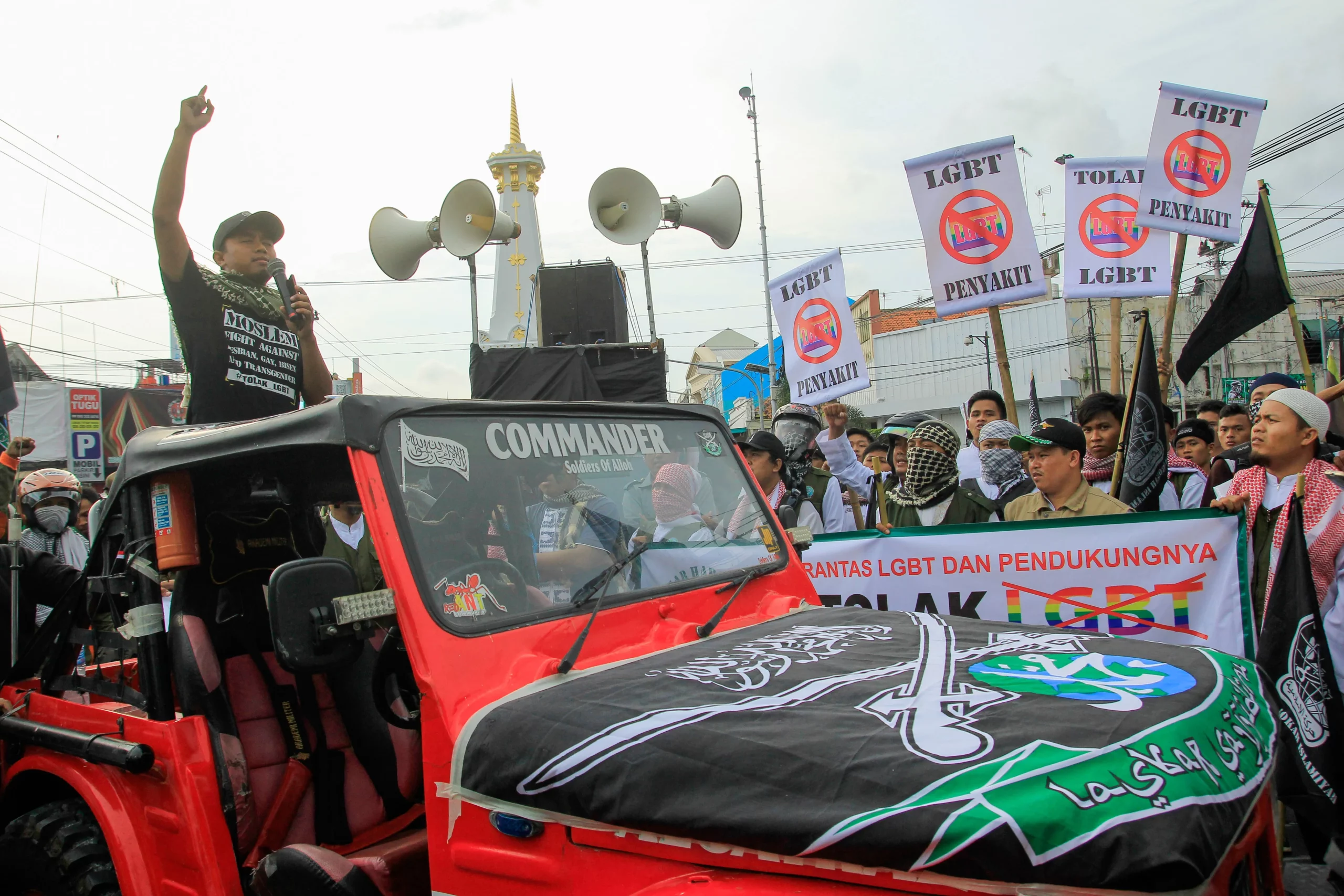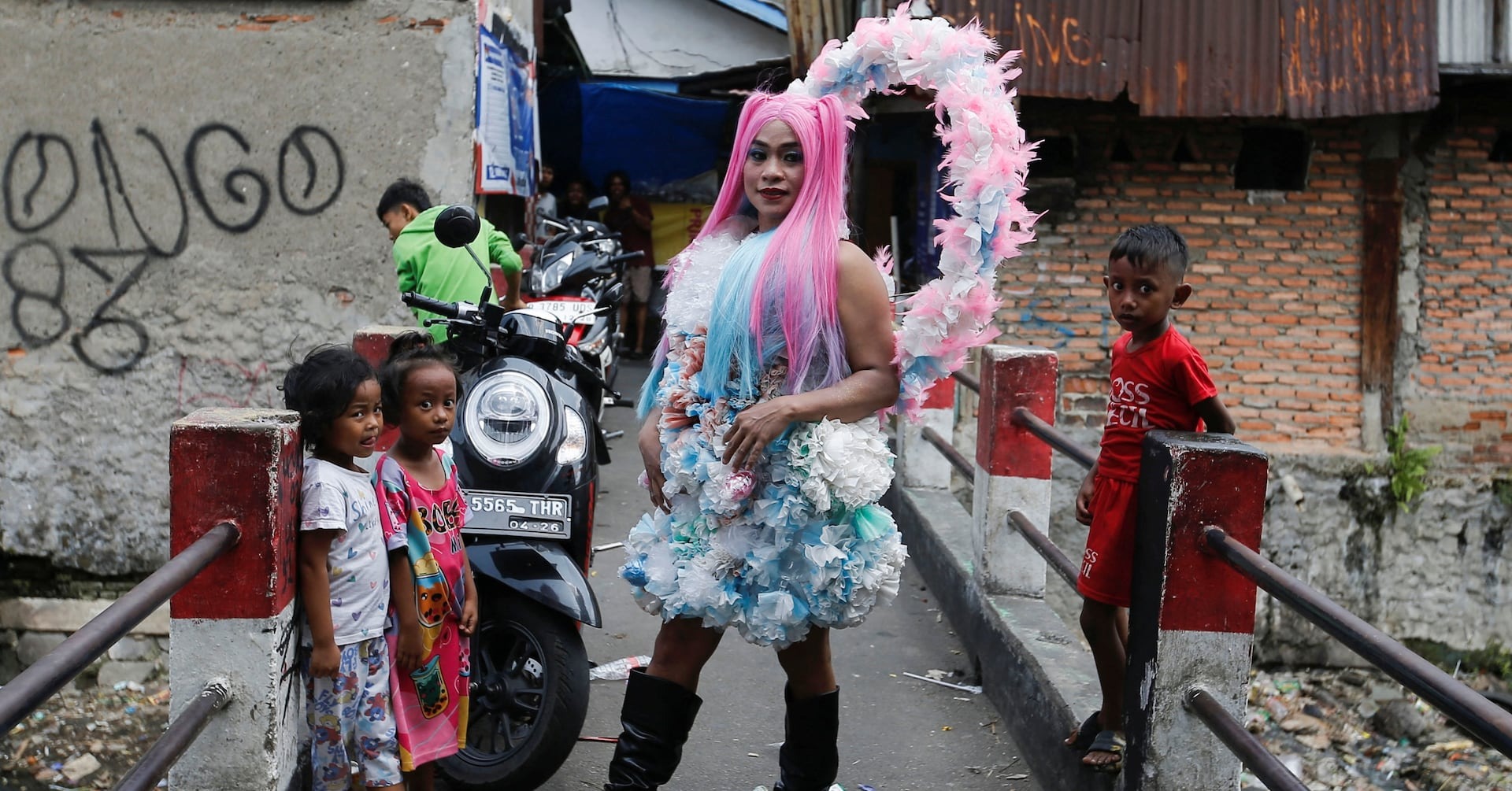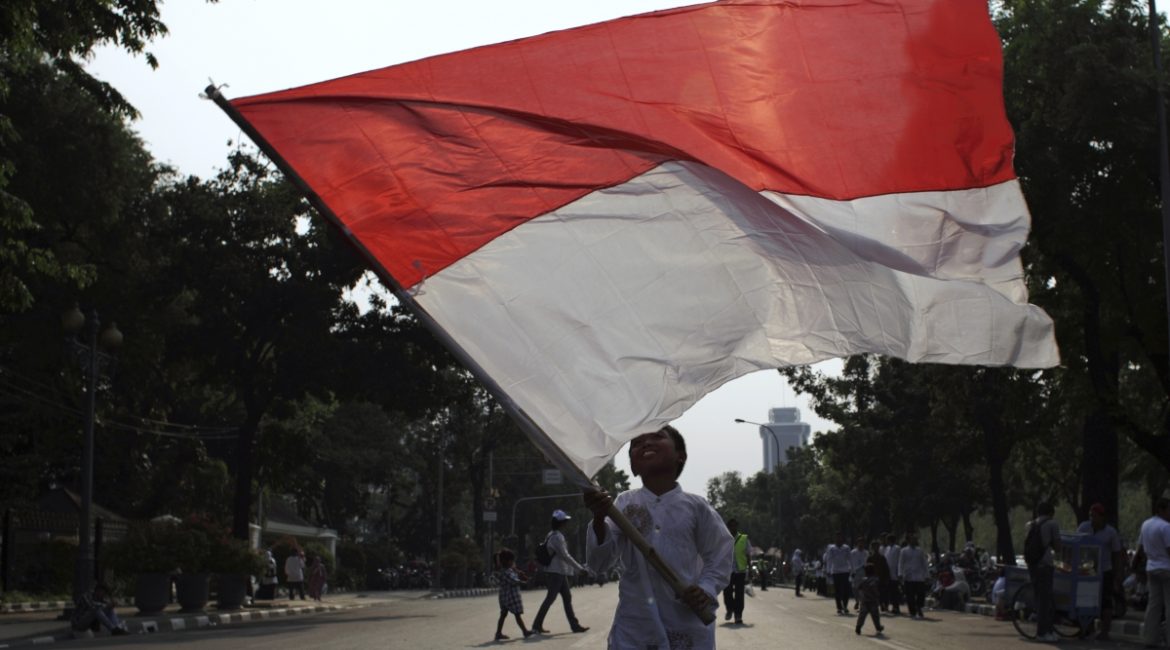A proposal by Indonesia’s parliament to amend the broadcasting law has sparked criticism from civil society groups and filmmakers due to its potential ban on investigative journalism and LGBT-related content. The proposal has been accused of curtailing press freedom and artistic expression.
Debates on Restrictions: Indonesia’s Broadcast Law Amendment
Discussions about amending the broadcasting law, initially initiated in 2020, have raised concerns over the latest proposed changes. The Indonesia Press Council has voiced apprehensions, warning that these amendments might undermine media independence.
Arif Zulkifli, head of law and legislation at the Press Council, emphasized the serious implications for press freedom, citing Indonesia’s press law that prohibits censorship or journalism bans. He asserted that these proposals contradict fundamental principles.

According to Communications Minister Budi Arie Setiadi, the government has not yet received the bill but stressed that the proposed amendments should not curtail media freedom. However, fears persist among journalists and civil society organizations about potential infringements on freedom of expression, counteracting progress made since the end of authoritarian rule in 1998.
While the bill lacks specifics regarding the proposed ban on investigative journalism, concerns have been raised about potential censorship by journalism organizations. Bayu Vardhana, head of the Association of Independent Journalists, highlighted the potential consequences, suggesting that crucial stories such as corruption or environmental crimes might be stifled.
Ninik Rahayu, chairperson of the Indonesian Press Council, expressed concerns about the bill’s impact on press independence and noted the lack of consultation with the council during its drafting.
Criticism of the Bill: Content Restrictions and Freedom of Expression in Indonesia
The bill faces criticism for its aim to prohibit content featuring violence, mysticism, LGBT themes, or “negative behavior or lifestyles harmful to society.” Renowned filmmaker Joko Anwar denounced the proposal as “dangerous” and “impractical,” warning against its detrimental effects on creativity, press freedom, and individual autonomy in choosing content.

Lawmakers in charge of the bill stressed that it is still in the early stages and subject to change. Nico Siahan, a member of Commission 1, emphasized the intention to avoid conveying homophobic or overly controlling attitudes and assured active debate on the proposed law.
In Indonesia, a predominantly Muslim nation, homosexuality remains a sensitive topic, and its discussion is restricted, particularly in the sharia-ruled province of Aceh.
If implemented, these amendments would affect all broadcast content in Indonesia, including online streaming platforms. Indonesia’s parliament has been embroiled in debates over several contentious legislative proposals, including amendments to the constitutional court law, which could expand the government’s authority to remove judges.

